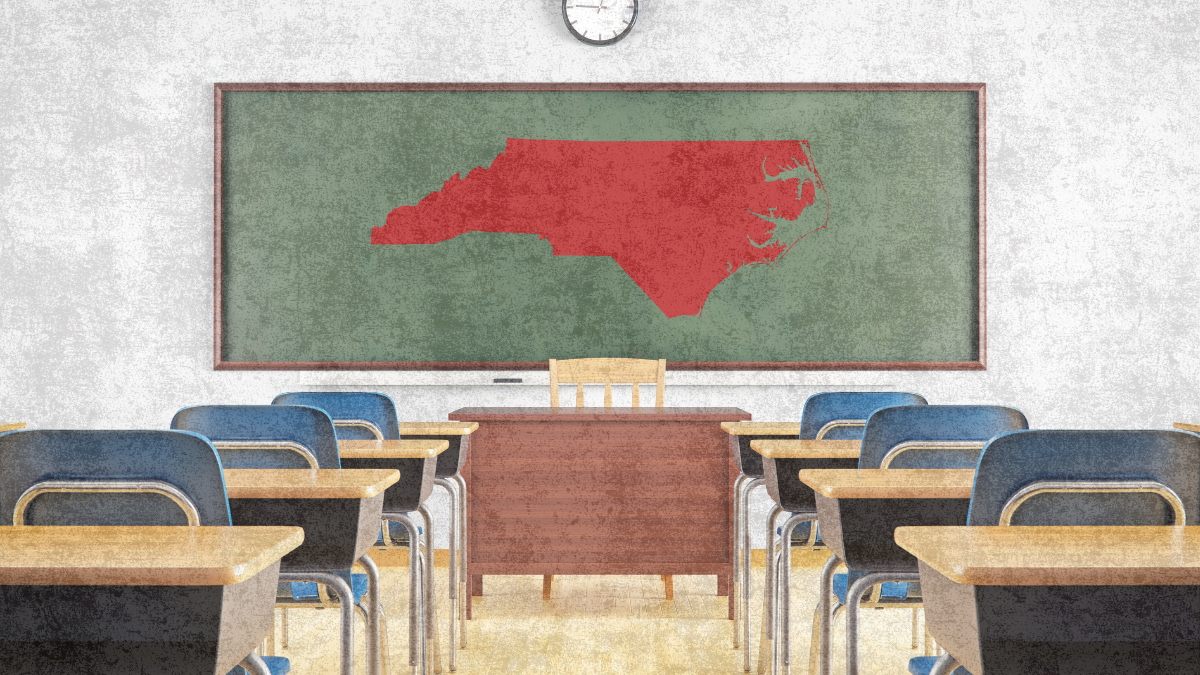Source: The News & Observer
Data released by the NC Schools Superintendent’s Association shows that North Carolina has seen a decrease in teacher vacancies this school year. Starting this school year with 3,124 teacher vacancies in public schools across the state, vacancies are down 12% from last year and 30% from the year before.
However, the data also shows more students are being taught by people who don’t have teaching degrees. The amount of residency-licensed teachers hired this school year is up 45% from last year, totaling 5,242 teachers in school districts across the state.
The increase in hiring teachers who do not have traditional teacher licensure points to a different challenge facing public schools according to Jack Hoke, the executive director of the N.C. School Superintendents’ Association.
“While the numbers in teacher vacancies show improvement, it’s clear that staffing shortages overall remain one of the main challenges superintendents and school districts face, especially early each school year,” Hoke said.
Data shows that it’s not just teacher vacancies that are on the decline. Fewer college students are enrolling in traditional teacher preparation programs, with North Carolina seeing a 51% decrease in enrollment in the past decade according to the National Council on Teacher Quality. UNC alone saw a 50% decrease in undergrad students majoring in education from 2010 to 2013.
Though residency-licensed teachers are filling a gap left by low enrollment rates, these teachers are less likely to stay in the profession for as long as traditional teachers. Thus, residency teachers are a temporary solution to the problem plaguing schools across the state.
In addition to residency-licensed teachers only staying in the field temporarily, the North Carolina Department of Public Instruction reports the turnover rate for teachers in the state has increased. Between March 2022 and March 2023, there was a 47% increase in teacher turnover, totaling out to nearly 1 in 9 educators who have left the teaching profession.
To address the staffing shortage which includes teachers, administrators, and other school staff like bus drivers, Hoke looks to increase pay for school employees, as well as increasing funding for the schools overall. North Carolina is lacking in both of these areas. North Carolina is ranked 38th in the country for teacher pay according to the National Education Association. Though state legislators recently approved over $400 million in funding to expand private school vouchers in the state, North Carolina teachers won’t be getting raises from this year’s legislative sessions. As for school funding, North Carolina ranks 48th in per-pupil- spending, and dead last when it comes to how much of our gross state product is spent on public schools.
However, Hoke says he will continue to work towards solutions for teachers, staff and students. “We will continue advocating for higher pay for teachers and other school staff and an overall increase in state funding to ensure our students have the qualified educators and other service providers they deserve.”





